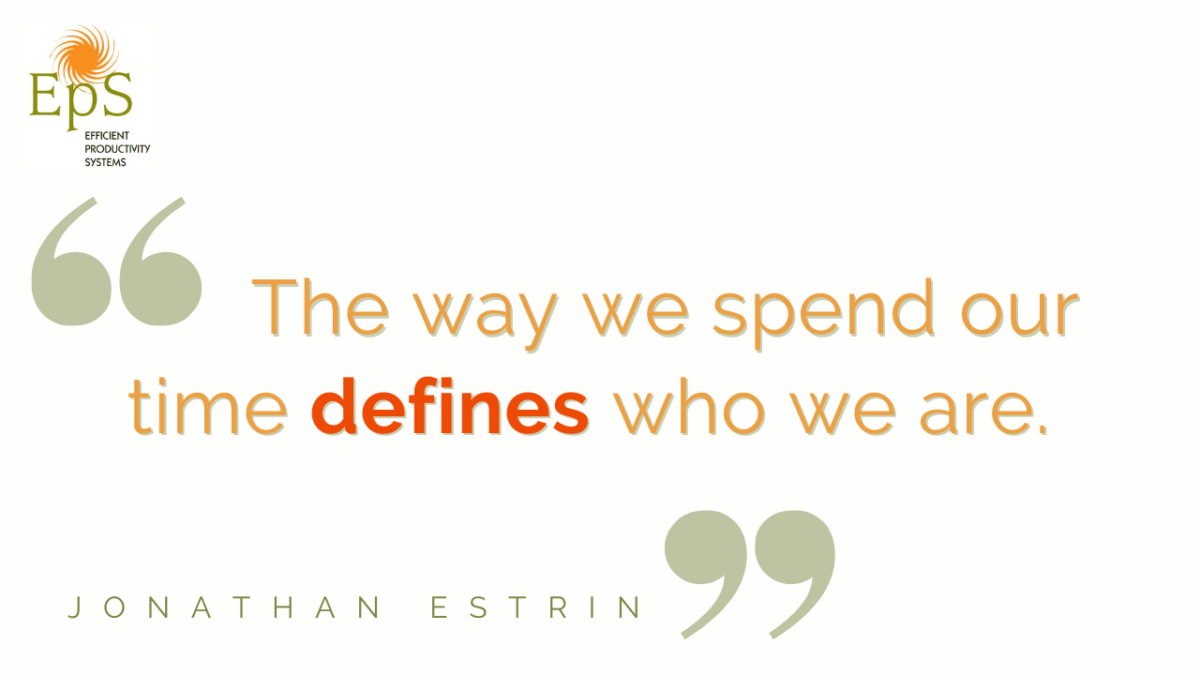In part one of this blog, we looked at WHY we want MORE time in our worlds, the research, the desires, the revenge procrastination… So, now let’s have a look at HOW we create more time for ourselves and make the most of the time we do have.
HOW
It’s IMPOSSIBLE to create ‘additional’ time for yourself. There, I said it. Sorry to disappoint. Time machines haven’t yet been invented (unfortunately). What you CAN do is use your time differently to create SPACE by sacrifice. Sound scary? I promise, it isn’t.
In my last post I asked you to think about what you would really want if time was of no concern, if time itself didn’t exist. Did you do it? If you didn’t, go do it now!
Notice that there are some things you would LOVE to continue doing or even start doing if time were meaningless. Jot those down – they’re important.
Now, think about what’s currently preventing you from doing those things. What is occupying your time so much that you can’t do these things?
By this point you should have a list of the stuff you do with your time and the stuff you want to do with your time. Now go through that list of stuff you do and see what you could sacrifice and replace with one of the things you want to do. Those hours spent in front of the TV blankly, that extra hour in bed you don’t need, those strolls around the supermarket could they be reduced? What about all those things you say YES to for someone else’s benefit? What about the time scrolling aimlessly on social media? Where is YOUR time leaking?
Every YES requires a NO
Quite simply put, every time you say YES to something, you’re also saying NO to something else. When you think about it like that, a whole new concept of time opens up. It’s a game changer. Remember that when you say yes to one thing, it’s preventing you from doing another. This is a really easy way for you to begin to identify where your time goes and to make better choices.
HOW to discern HOW to spend your time
Most people choose to spend their lives doing the ‘non-negotiables’ that most likely include basic self care, family care, and work. They then wonder why they ‘never get to’ the stuff that lights them up – the ‘someday I will.’ Those things then become unattainable (or nearly so). Then we come up with wonderful stories (not so wonderful) as to ‘why we can’t.’
We even go as far as to poke fun at those who suggest we might change our perspective. It sounds like “you don’t live in the real world, I need to … blah blah blah.”
Is this you? If so….how’s that working for you?
People who realize life is all choices recommend that you ask yourself regularly, is this taking me towards my goal? If the answer is no, they make a new choice.
When we have choices we feel empowered. We are happier. The sunshine spreads.
For example, I get to write this blog right now because I chose to ask my son to make dinner. I expressed loads of gratitude. I have him two “pre-thank you hugs.” And he will get another hug after the meal. This is a win/win. Sure, I may eat a bit later in the evening (he is on his own schedule!) and he gets to be helpful, I get to be grateful, and we get to eat yummy food. Best of all I can do the work I need to do. THAT’S what I call ‘life balance.’
Yes, it takes some decision making and yes it can be tough to start with (we are habit creatures), and, the benefits of choosing how you spend your time are HUGE. Less stress, more motivation, that satisfaction you feel after a productive day – don’t you want to feel like that as much as possible? And it takes you closer and closer to achieving your goals.
How to determine the strategy that works best for YOU
So, take some time (ha, did it again) to figure out what’s important to you and prioritize those things. And don’t forget the concept of optimism bias – ALWAYS schedule more time than you think you’ll need to complete something. That way, best case scenario, you have a little extra time to do something more.
Here are some bullets to consider and articles to help with each item:
- What brings you joy and happiness and fulfilment?
Form great habits and focus on things one at a time.
- Learn how to say NO to things that don’t serve you well.
Create a routine that works for you.
- Double down by attaching one activity to another, like listening to a podcast while you’re out for a walk.
Do the things that have the biggest impact, therefore increasing your productivity.
- Do something while you’re waiting for something else, make the most of the opportunity.
Schedule like a pro and make sure you don’t underestimate how long things will take.
Put yourself first. No, really. Do it. No joke. In everything.
And last but not least…why having time constraints is a GOOD thing.
Imagine, if you had all the time in the world to get things done, would you really do them? Without deadlines and the understanding that the time we have is finite, we’d drift along, unencumbered, and we would eventually see pretty much everything as pointless.
Time is precious, so to use it to our advantage in order to fulfil our dreams and create a beautiful existence for us and those around us is the most significant thing you can do with it.
And as a bonus, watch this great Ted Talk by Tim Urban


